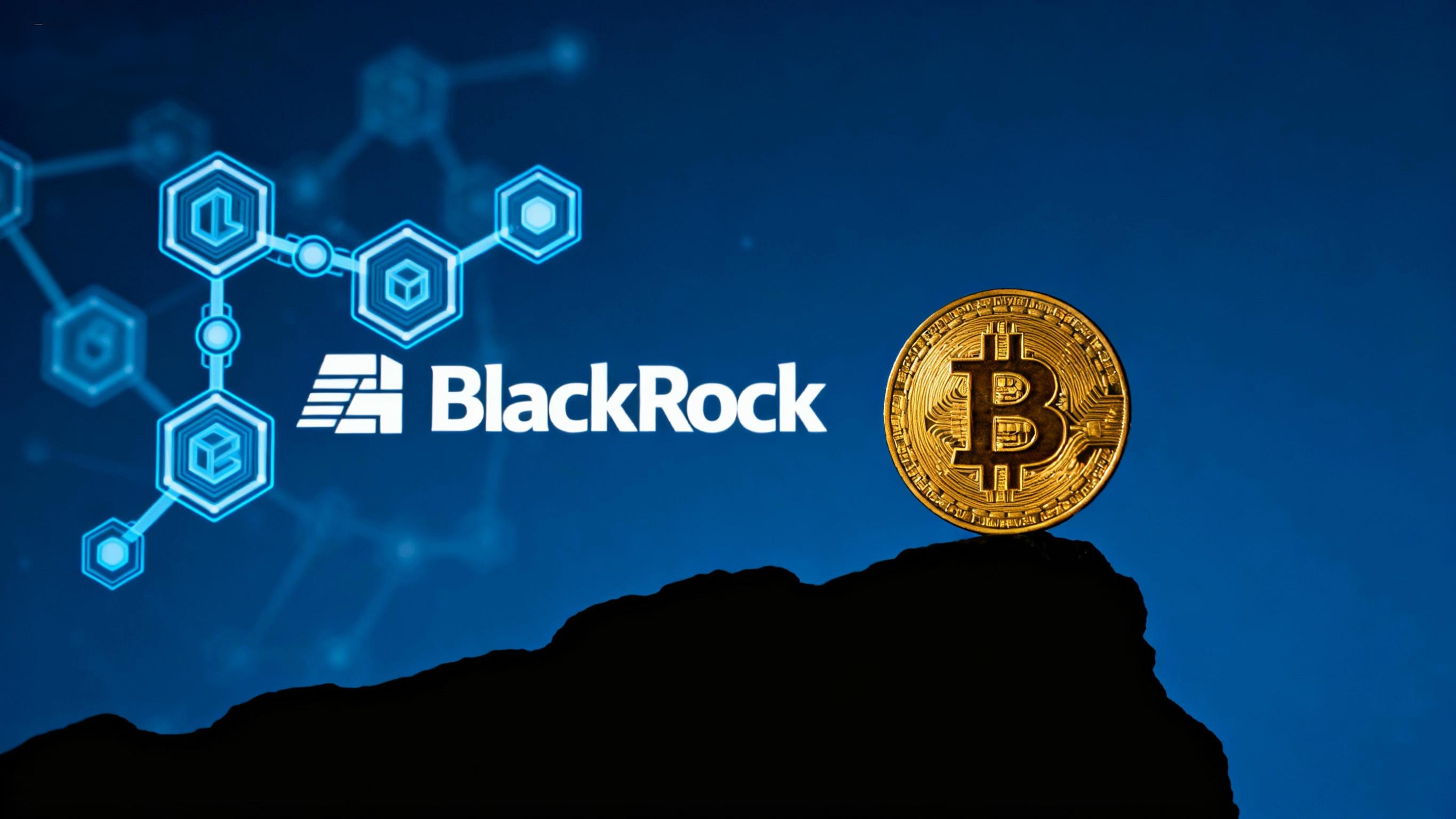
BlackRock is exploring the tokenization of ETF shares, a move that represents a crucial part of its strategy to break through traditional market boundaries and expand digital asset infrastructure.
According to a Bloomberg News report on September 11, insiders revealed that the company is considering developing blockchain-based ETF versions tied to real-world assets (RWA) such as stocks. The related plans are currently in a confidential stage.
This initiative builds upon BlackRock’s launch of a $2.2 billion BUIDL tokenized money market fund in March 2024, which came just two months after the debut of its Bitcoin ETF.
BlackRock CEO Larry Fink previously stated that all financial assets could be tokenized and reiterated this view in his 2025 annual letter to investors.
Tokenized ETF shares will deliver three key benefits: breaking the constraints of Wall Street’s standard trading hours, enhancing global investors’ access to U.S. products, and creating new collateral opportunities within cryptocurrency networks.
Notably, in the same week this report was published, Nasdaq also submitted an application to the SEC, planning to facilitate trading of tokenized stocks and ETFs on its platform.
BlackRock has already tested tokenized fund shares using JPMorgan’s Kinexys infrastructure and has positioned itself as an “early adopter of digital settlement models.”
Franklin Templeton and BlackRock’s money market funds have paved the way for large-scale tokenization practices. As of September 11, excluding private credit, tokenized money funds represent the largest category of RWA, with a market capitalization of $7.4 billion.
Meanwhile, ETFs offer broader asset exposure and trading mechanisms that are more compatible with blockchain deployment. Currently, exchanges such as Kraken, Robinhood, and Coinbase have already launched tokenized stocks in international markets or plan to advance related businesses.
However, the report points out that key challenges remain: how to reconcile “Wall Street clearinghouse ETF settlement processes” with “24/7 instant trading capabilities.” These challenges pose both technical and regulatory issues for custodians managing the transition between traditional and digital infrastructures.
BlackRock’s exploration reflects how mainstream financial institutions are evaluating blockchain technology to enhance market infrastructure, including optimizing collateral flow efficiency and settlement speed.
The company’s advocacy for digital assets, combined with evolving regulatory environments, positions “tokenized ETFs” as another critical bridge connecting traditional finance with DeFi systems.
















